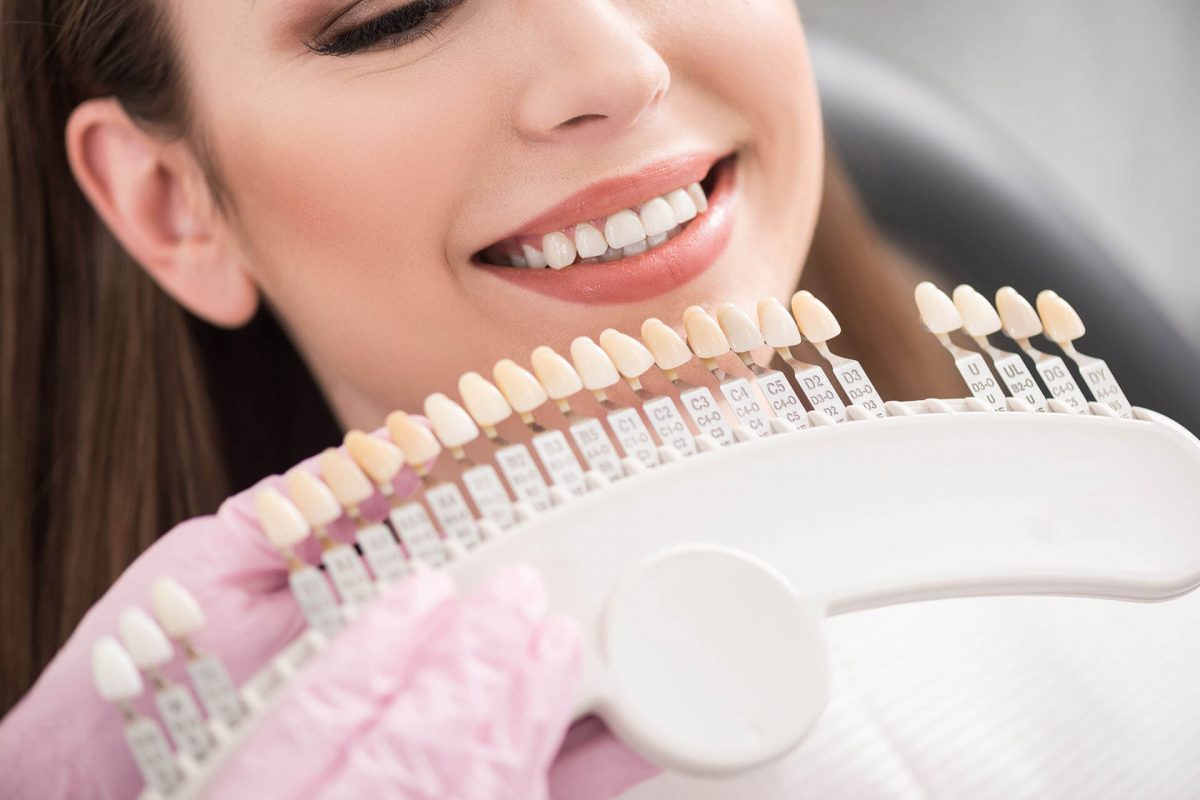If you have sore, swollen, or even bleeding gums, you may just be dealing with it and waiting for it pass. However, gum issues may indicate an oral health issue and, in some cases, gum disease.
Periodontal disease refers to conditions that affect the gums, bone, and surrounding structures of the teeth, and are actually among the most common diseases that affect humans. The most common type of periodontal disease is gingivitis, which results in bleeding and reddening of the gums, and periodontitis, which damages the bone and connective tissues that support the teeth.
Preventing and Avoiding Gum Discomfort
Brushing, as you probably already know, plays a big part in oral health. How you’re brushing can affect the health of your gums. Using a soft bristle toothbrush to brush your gums can help avoid damaging the delicate tissue. Use gentle, circular motions to clean both your teeth and the gums, above and below. Flossing is beneficial not just because it removes debris from in between your teeth that lead to cavities and plaque, but it also helps maintain healthy gums. The motion of sliding the floss carefully in between teeth can help avoid swelling and damage. Eating balanced meals regularly and drinking plenty of water also promotes gum health and decreases your risk for periodontal diseases. Finally, regular visits to the dentist will keep your gum and general oral health in check.
Signs of Gum Issues
- Swollen, bleeding, tenderness, or pain in gums
- Bright red or purplish gums
- Itchy sensation
- Receding gums (pull away from teeth)
- Loose or shifting teeth, or spaces developing between teeth
- Tooth sensitivity
- Pus between teeth and gums
- Consistent bad breath or bad taste
- Change in bite
Treatment
Left without proper treatment, gum disease can result in tooth loss. Additionally, research suggests that the bacteria that cause periodontal diseases can enter the bloodstream, causing other issues throughout the body.
Treatments for gum disease include antibiotics, surgery, and scaling to remove tartar and bacteria. Root planing is another treatment which smooths out root surfaces to discourage the further accumulation of tartar and bacteria. Early detection is critical in treating periodontal disease and is a major factor in the success of treatment. Speak with your dentist right away if you begin showing any symptoms of periodontal disease.














